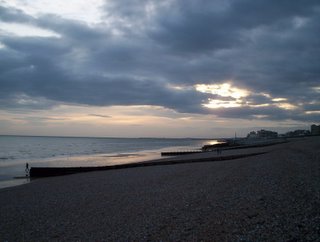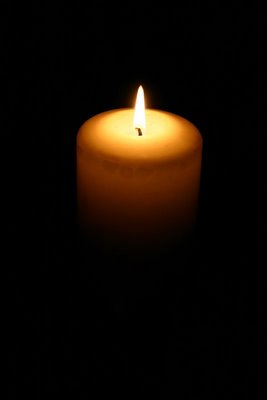
And advent ended
our waiting over
Christ is born
God with us
God for us
Israel's hope realised
the love of God revealed
Christ is born
God with us
God for us
The holy child discloses
the welcome of our God
Christ is born
God with us
God for us
"He has performed mighty deeds with his arm;This is the same message that blazed forth from the Hebrew prophets. A great successor to David would come and take the throne, ruling with perfect justice. Peace and goodwill were destined to reign on earth. The knowledge of the Lord would fill the world from the rising of the sun, to its setting.
he has scattered those who are proud in their inmost thoughts.
He has brought down rulers from their thrones
but has lifted up the humble.
He has filled the hungry with good things
but has sent the rich away empty.
He has helped his servant Israel,
remembering to be merciful
to Abraham and his descendants forever,
even as he said to our fathers."



You came to us as a child, vulnerable and defenseless, and it's as a child I must come to you this Advent, this Christmas. But not just any child, for most look among the tree's, tinsel, presents, and some event look for you in the 'nativity scene'. But you are not to be found there .....no you are the vulnerable and defensless one and it is amoung them that you are still to be found.
Oh that I could be that kind of child - vulnerable and defensless, able to lay aside my cares and possesions so as to find you were you are and not where I'd want you to be.






Here is a doodle I did today. I call it Mouse With Cheese. It is done in Bic blue biro, but my scanner only scans in pink so I made it grey.
It symbolises the greed of the western house-mouse: our overwhelmingly insatiable apetites and vast wealth which has ultimately led us into a life of dull greyness.
